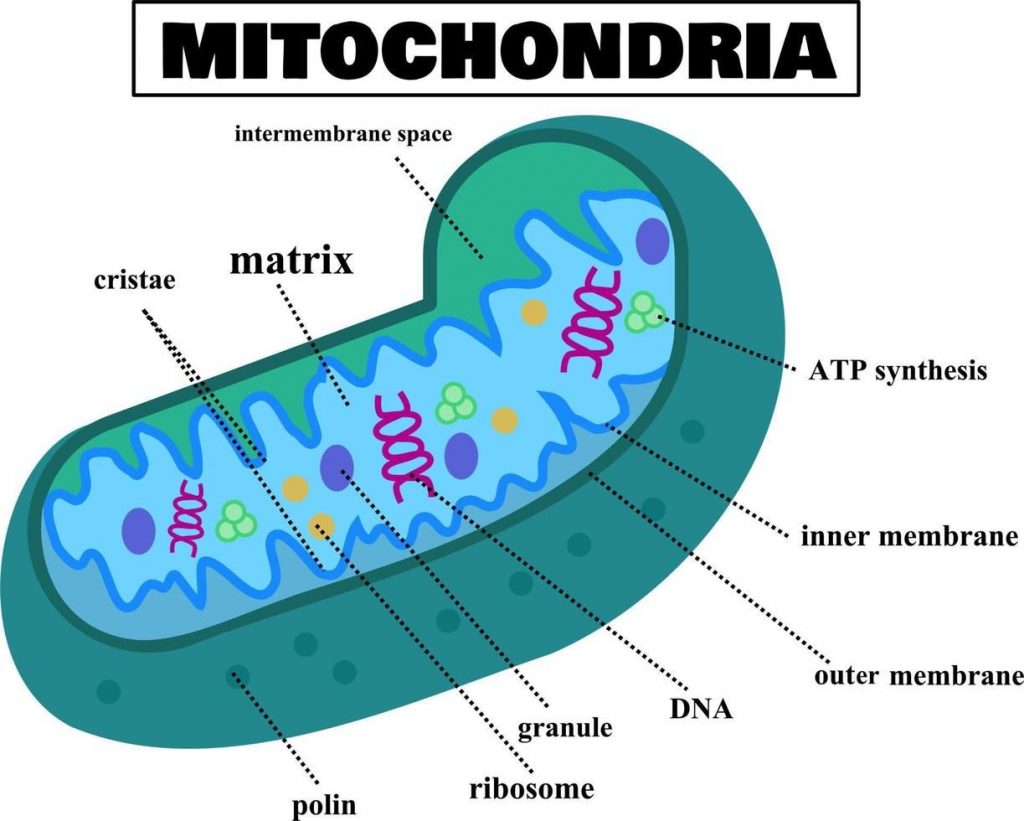How to Measure Mitochondrial Performance
Measuring mitochondrial performance can reveal health outcomes before symptoms appear so that you can improve while it is easy. I’m posting this article to record my search results so I and other people can follow up confirming the information and make better discoveries.
Measure Mitochondrial performance
Mitochondrial performance can be measured using various assays that assess parameters like membrane potential, oxygen consumption, and enzyme activity. Common methods include fluorescence-based assays, high-resolution respirometry, and histochemical techniques to evaluate specific mitochondrial functions.
Methods to Measure Mitochondrial Performance
Common Techniques
| Technique | Description | Advantages | Drawbacks |
|---|---|---|---|
| High-Resolution Respirometry | Measures oxygen consumption rate (OCR) to assess mitochondrial function. | Direct measurement of function. | Requires specialized equipment. |
| Fluorescence-Based Assays | Uses fluorescent dyes to assess mitochondrial membrane potential and other parameters. | Real-time monitoring in live cells. | Some assays are not fixable. |
| Succinate Dehydrogenase Activity | Measures the activity of SDH, an enzyme in the mitochondrial membrane. | Provides insight into metabolic activity. | Requires specific conditions for accuracy. |
Specific Assays
| Assay Type | What It Measures | Fixable? |
|---|---|---|
| JC-1 Dye | Mitochondrial membrane potential | Some end-point assays are fixable. |
| Superoxide Detection | Mitochondrial superoxide production | Not fixable |
| Calcium Detection | Mitochondrial calcium levels | Not fixable |
| Mitochondrial Permeability Transition | Changes in mitochondrial permeability | Not fixable |
Considerations
- Cell Type: Different cell types may respond differently to assays, so it’s important to choose the right method based on the specific cells being studied.
- Dynamic vs. End-Point Assays: Dynamic assays provide real-time data, while end-point assays measure at a specific time, which may not capture transient changes.
These methods and assays provide valuable insights into mitochondrial health and function, essential for understanding various cellular processes.




 Predictive Innovation Training
Predictive Innovation Training Predictive Innovation: Core Skills Book
Predictive Innovation: Core Skills Book RoundSquareTriangle.com
RoundSquareTriangle.com